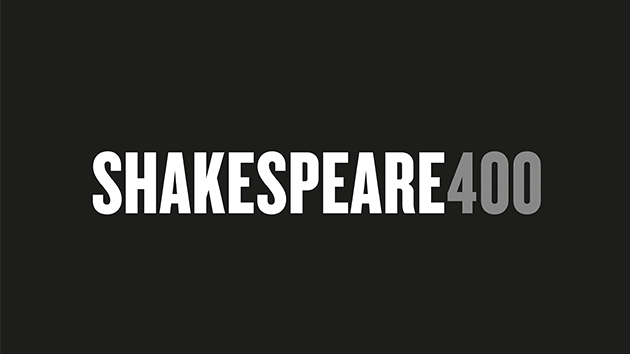With the recent Shakespeare 400 celebrations, I have been amazed at Shakespeare’s impact on our language.

Like many people, I endured English Literature lessons studying Shakespeare and the language (and style of teaching), and felt the style didn’t resonate to me. Like many of my classmates, I was bogged down by the vocabulary and language, and failed to engage with the astonishing storytelling of the Bard. It was only going to live performances of his plays that his work came to life. Now this isn’t a grumble about teaching: things have changed since I was at school! But it showed how vocabulary – whether it is ‘Business Speak’, ‘Industry Jargon’, or even colloquialisms prevent audiences being engaged. And **Latest News** GCSE exam boards for drama have dropped attending live theatre within their syllabus… But that’s another blog!
Although I, like many people believed Shakespeare was no longer relevant, I have since revised my beliefs: attending unforgettable performances at The Globe and Regents Park Theatre. Lively, authentic performances enable us to begin to understand the storytelling of Shakespeare and how he identifies all the human emotions – that are as real today as they were 400 years ago.
However, Shakespeare’s language IS used by us, every day. Something I didn’t appreciate as a student. Instead of Shakespeare ‘Not being relevant today’, in fact he is alive and kicking in our everyday language. How cool is that! There are many, many phrases we use every day – and I don’t mean pretentious people who quote a whole Shakespeare verse, but people like you and me!
There are literally hundreds of phrases; they aren’t local slang, but Shakespeare. Who knew it! My Lancastrian Granny was very fond of “Neither a borrower or a lender be”. It isn’t her original thought – it’s from Hamlet! Likewise “Refuse to budge and inch” isn’t a rugby scrum term, but from Measure to Measure AND The Taming of the Shrew (clearly Shakespeare loved this so much he copied it!) ‘Break the ice’ isn’t the latest network (face to face) term, but from The Tempest, and “Wild Goose chase” isn’t an insult for someone’s map reading abilities, but from Romeo and Juliet. IN the latest Superstar Communicator Podcast I share lots of different phrases; I am sure you, like me wouldn’t have believed they were originally from Shakespeare. Listen here.
So next time you are planning a speech; writing a blog or even speaking generally to friends and family, consider that Shakespeare really has made an impact on our language. Aren’t we lucky!
If you like this blog, why not sign up for our newsletter.

 Happy Birthday Elizabeth
Happy Birthday Elizabeth